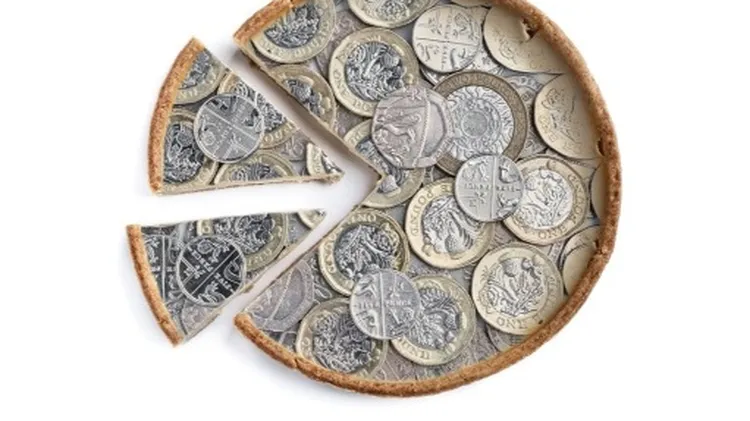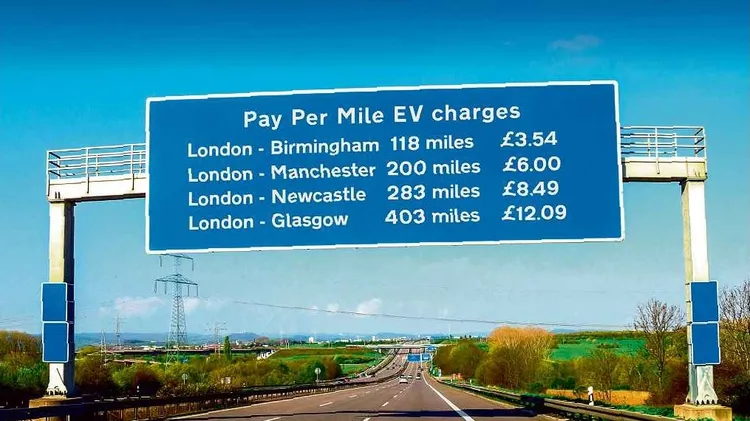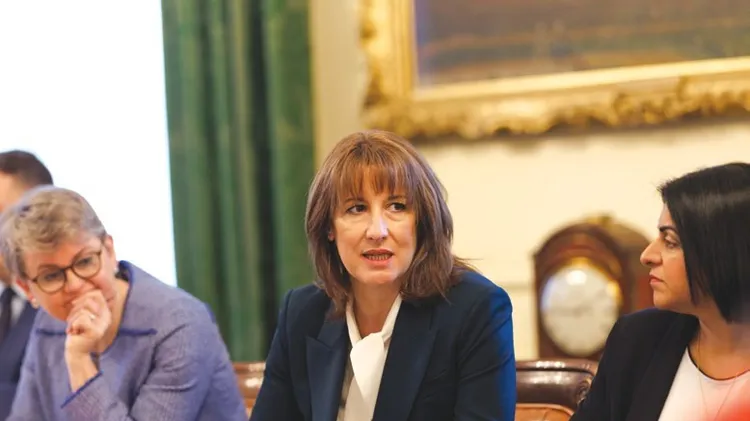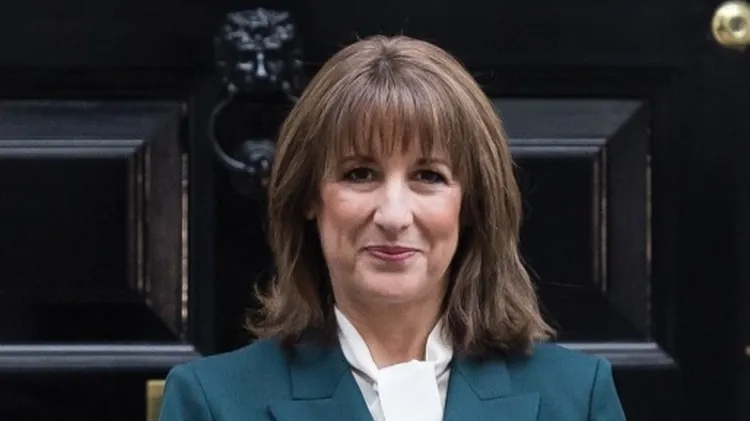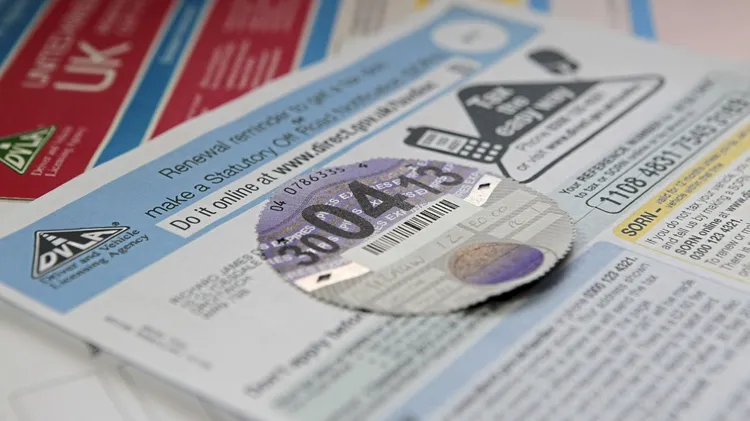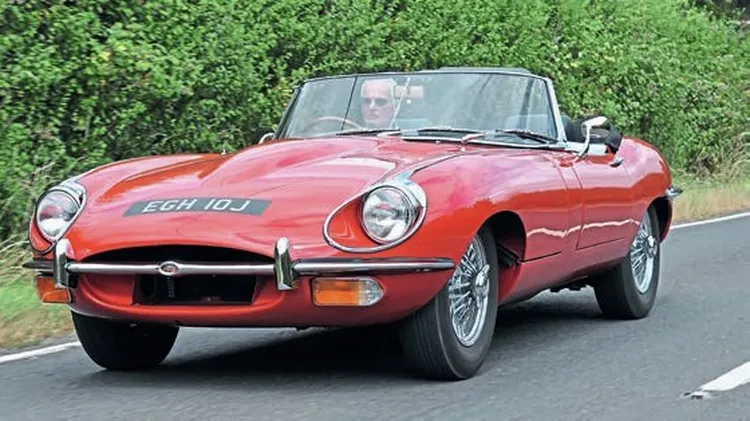They are expensive – and about to get more so, assuming
Private schools: are they worth it?
4 min read
This article is from...
Read this article and 8000+ more magazines and newspapers on Readly

